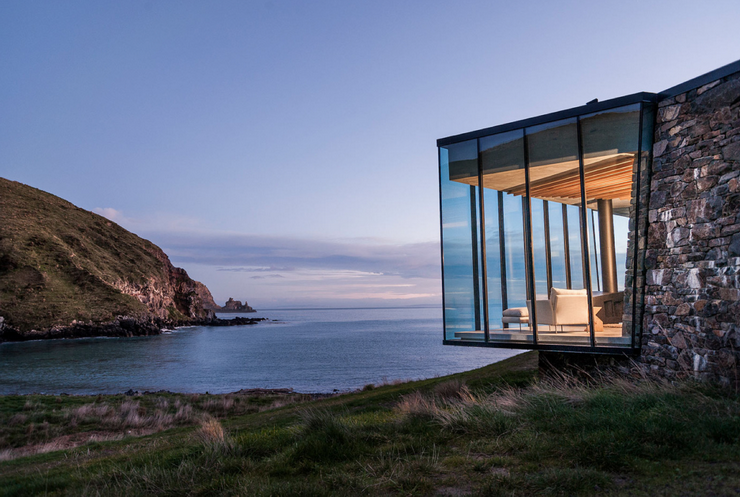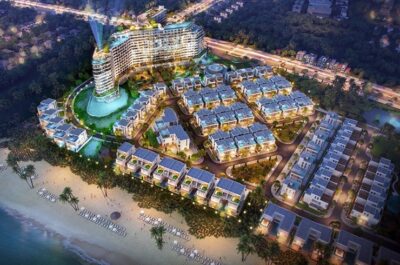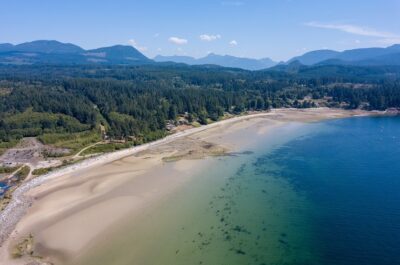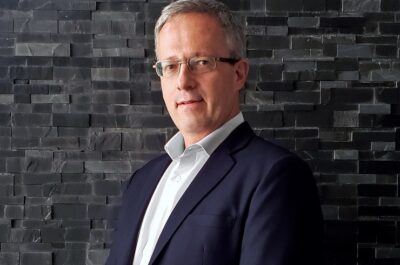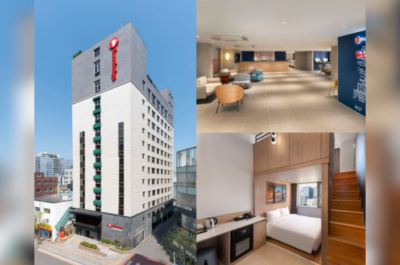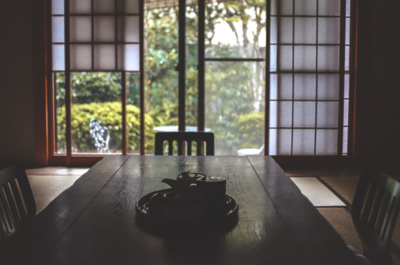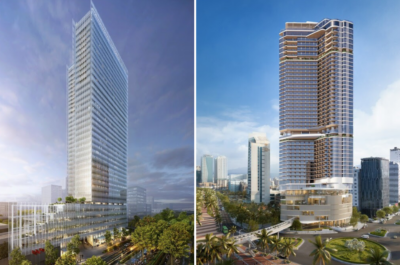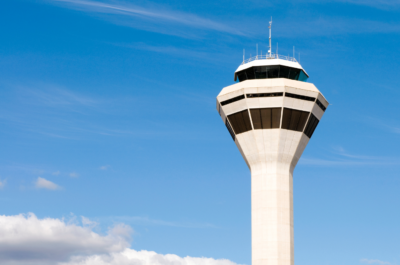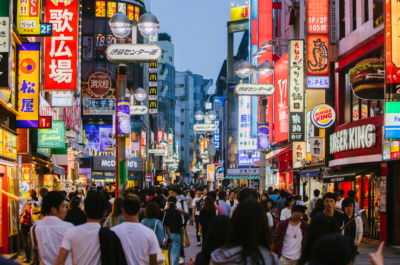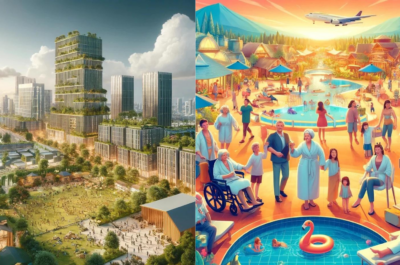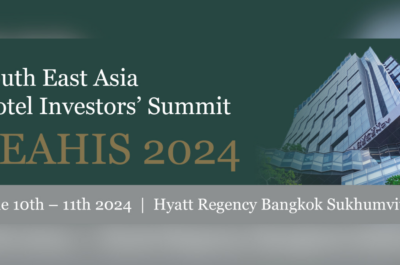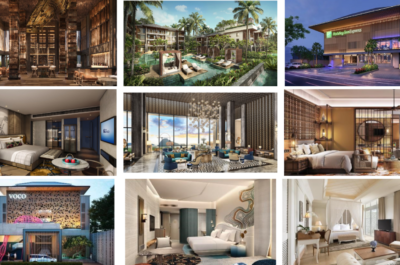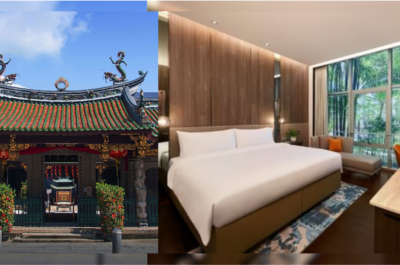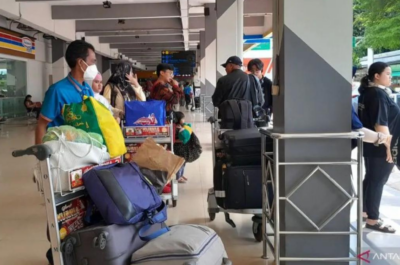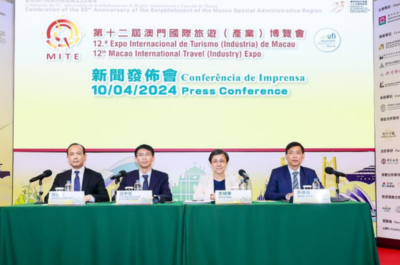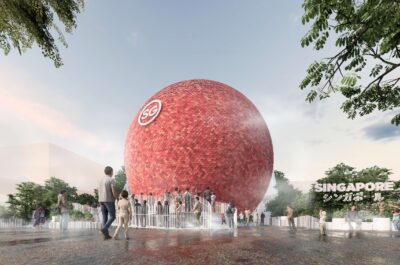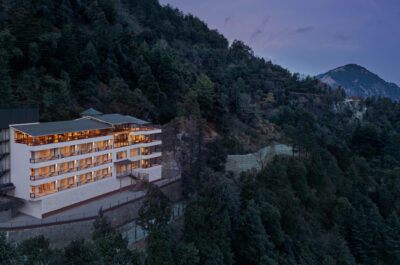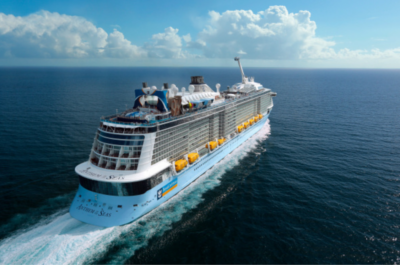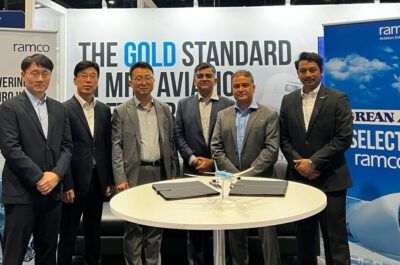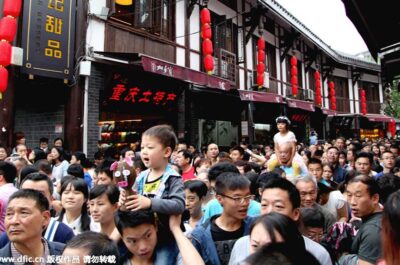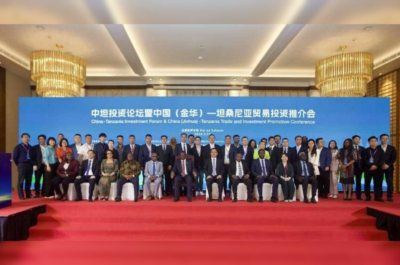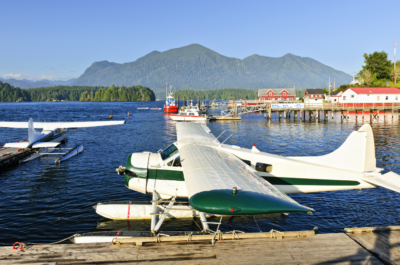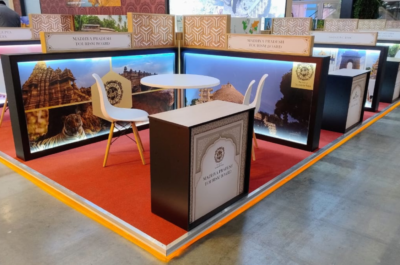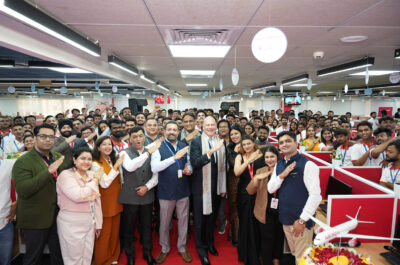COVID-19 has undoubtedly increased our anxiety surrounding immunity, strength and general health by a significant amount.
Without the usual precursors that surround ever COVID-19-related article, we can all agree that our experiences over the last few months have presented us with uncountable challenges, both good and bad. As hospitality takes a pause, many designers, operators and consultants like GOCO Hospitality are using this time to re-invent our offerings in preparation for a new post-COVID world.
In terms of wellness, COVID-19 has undoubtedly increased our anxiety surrounding immunity, strength and general health by a significant amount. And although this new anxiety is rooted in a worldwide pandemic, it has inadvertently given way to a more positive attitude towards personal wellbeing. A wellness enlightenment is clearly emerging.
A New World of Design is Emerging
Universal design has dominated the design and architectural industries for decades. From re-designed lifts, pathways, hotel rooms, meeting rooms, spas and restaurants – we have focused on making spaces accessible to all through ergonomic, useable designs that cater to all.
Then came sustainable design, born out of our global re-awakening about the environmental impact we have on the world. Wherever you look, new developments, both luxury and budget, are constantly and consistently finding ways to reduce their environmental footprint. Even mega luxury projects where opulence is at the heart of the guest experience such as AMAALA, a $16 billion luxury wellness destination in Saudi Arabia where GOCO Hospitality is the wellness consultant and where I sit on the Advisory Board, sustainability remains a core pillar and affects everything, from service platforms to interior design, service platforms and construction materials.
As new generations grow and begin to travel, what becomes significant to the consumer inevitably changes. In response to accepting global warming, the consumer continues to reject old, more wasteful practices, in place of more sustainable ones. Of course, there is a long way still to go, but the movement changed the hospitality industry, and the spa and wellness industry in irrevocable ways.
Today, in the heart of the COVID-19 pandemic, we can already see the next shift emerging. Piggybacking the concept of resilient design, a new health-focused design trend is upon us. Simply put, COVID-19 is forcing us to re-think how we use spaces for a number of key reasons.
Firstly, and probably most importantly, people have a heightened sense of hygiene than ever before. Even after COVID-19 subsides or a vaccine is found and we can return to ‘normality’, these habits will not escape us. In terms of design, whether it’s a spa or a restaurant, every space has to accommodate these new consumer needs. Surfaces, equipment, space utilisation, product handling, staff-guest interaction and much more are already being re-invented from the ground up – and at GOCO Hospitality, we make no exception. Self-cleaning surfaces and materials that are hostile environments for viruses, such as copper, are making a big comeback too. Once ignored or disliked materials, both natural and synthetic, are now being re-defined.
Secondly, we must look at the economical and operational effects that COVID-19 has presented us. Because hotels, spas, restaurants and almost every other public space forcefully closed for months already (and with many more months to come in some countries), countless businesses will unfortunately never recover. Hospitality has been hit hard, but to avoid this evert happening again, resilient design is now more important than ever.
Adapting to Change
Resilient design is about creating spaces that are adaptable and can keep functioning despite any unexpected events that may present themselves. Smart in its processes, resilient design is about mitigating the damaging effects of events such as natural disasters, power failures, fast-pace trend changes and health pandemics such as the one we’re in now. Combine that with sustainable design and practices – such as permaculture, off-the-grid living and thermal water heating systems – and you have a recipe for success whatever the world is doing around you.
Blanket bans on hotels and spas have been hard to compromise with, but as the restrictions are lifted in Thailand, where GOCO Hospitality is based, it was the spaces that could adapt quickest that have managed to survive. For example, in the first phase, only open-air restaurants could open, as a precaution against enclosed spaces concentrating the virus. As can be expected in Bangkok, most restaurants are enclosed, air-conditioned spaces. By offering guests a welcome rest bite from the noise, heat and pollution of the capital, they were left with their hands tied and windows firmly shut, unable to resume business.
To continue the restaurant example, resilient design is able to offer adaptable alternative spaces. Replacing tall glass walls with movable windows, for example, could mitigate the aforementioned issue entirely. Health pandemic? No problem, just open the windows. Tropical typhoon? No problem, button up the hatches and we’re still serving Pad Thai.
Resilient Wellness
At GOCO Hospitality, we’re already working on a number of projects that incorporate resilient, sustainable and universal design to create unique and adaptable wellness spaces that I believe will be the precursor to a new design movement that I like to call Resilient Wellness.
As wellness real estate booms, a clear shift in consumer priorities has been identified. Pair that with the already fast growing wellness industry – growing 6.4% annual between 2015-2017, twice as fast as global economic growth according to the Global Wellness Institute – it is clear that priorities have already changed. COVID-19 is just the catalyst. And thanks to a rekindled interest in resilient design, even the wellness projects already in development can align to the new trends and requirements that we expect to see in the post-COVID world.
In Miami, USA, we are in the process of designing and conceptualising 15,000sqm of urban wellness in an incredible 1,000-unit condominium in the heart of downtown. Incorporating biophilia, efficient exterior design, effective energy consumption and healthy, low-carbon materials, it is already ahead of the curve with designs that relate to the health-conscious consumer. The spa and urban wellness facility spans multiple floors and includes vast arrays of wellness-oriented spaces and experiences such as thermal bathing, biohacking labs, wellness incubators, and even ‘alone together spaces’ that, as luck would have it, perfectly reflect the needs of the post-COVID wellness traveller.
As people cautiously begin to travel again, villa-type resorts are faring the best so far. With safe spaces far from other guests, holidaymakers feel secure and safe – far away from room-to-room recycled air and enclosed corridors and tightly packed lifts.
However, the trends today will soon change and a need for private space will one day turn into a desire for more personal contact. Therefore, design needs to be smarter overall to ensure that our hotels and spas are adaptable when the time comes. Touch is a big part of the spa experience, and socialisation is what makes a holiday mean something. Our pent-up need for personal contact will soon overflow, and our spaces need to be prepared to offer what we can, within in the limitations of this pandemic and any other pandemic in the future. This can only be achieved through resilient wellness – the design world’s next, and much needed design evolution.
Injecting fresh ideas and professional management into the rapidly expanding wellness hospitality sector, Ingo Schweder brings together more than 30 years of experience in the spa and hospitality industry. Founder and CEO of GOCO Hospitality and Managing Director of Horwath HTL Health and Wellness, Schweder has led the design, development and operation of some of the most iconic wellness hospitality ventures around the world. GOCO Hospitality has completed over US$3.5 billion of luxury health and wellness projects on five continents and manages GOCO-branded spas and retreats in strategic spots around the world.
In 2012, GOCO Hospitality was awarded the license to create Horwath HTL Health and Wellness. Horwath HTL, a global brand part of the Crowe Global Network, a top 10 accounting and financial services network.
In 2015, GOCO Hospitality acquired Glen Ivy Hot Springs Resort, America’s oldest hot spring resort located in Southern California. In 2016, Schweder co-founded Space Yoga & Space Cycle alongside Jack Ma and Matthew Allison.
Schweder was formerly a board member of Mandarin Oriental and earlier Corporate Director of Operations for Oberoi Hotels & Resorts. Under his guidance, Ananda In The Himalayas, a globally recognised destination spa, was established. Schweder is currently on the Advisory Board of AMAALA, a US$16 billion luxury wellness destination in Saudi Arabia developed by PIF, the Sovereign Wealth Fund of Saudi Arabia.












